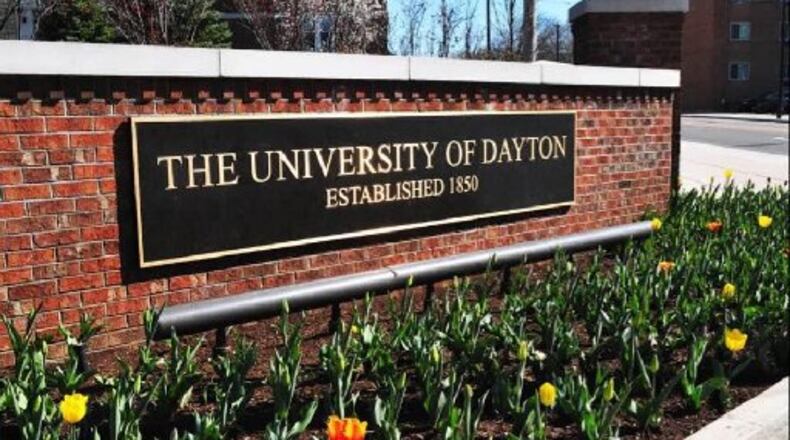Based on responses from 4,039 COVID-19 patients in more than 40 countries, initial findings reveal that smell, taste and chemical sensitivity, known as chemisthesis, are reduced by the virus. Nasal blockage does not seem to be a factor in these losses, which can help distinguish coronavirus from other infections such as a cold or the flu. A major drop in chemosensory abilities is a “hallmark” of COVID-19, the release said.
Coronavirus: Complete coverage
These findings may help doctors more easily identify COVID-19 for telehealth patients and can lead to more confident recommendations of testing for coronavirus.
Global researchers from the Global Consortium for Chemosensory Research launched the survey on April 7 and released the results on May 8. The questionnaire was printed in 10 languages and were crowdsourced through traditional print, television and radio, social media, professional networks and word of mouth.
The survey is still ongoing and Walsh-Messinger urges anyone who recently experienced any respiratory illness, including COVID-19, to go to https://gcchemosensr.org and complete the survey, which is available in 29 languages.
Participants were asked to quantify their smell and taste, as well as their chemesthetic function — their ability to smell, taste and perceive cooling, tingling and burning sensations in the mouth — before and during the illness. They were also asked to quantify any nasal blockages.
About the Author
